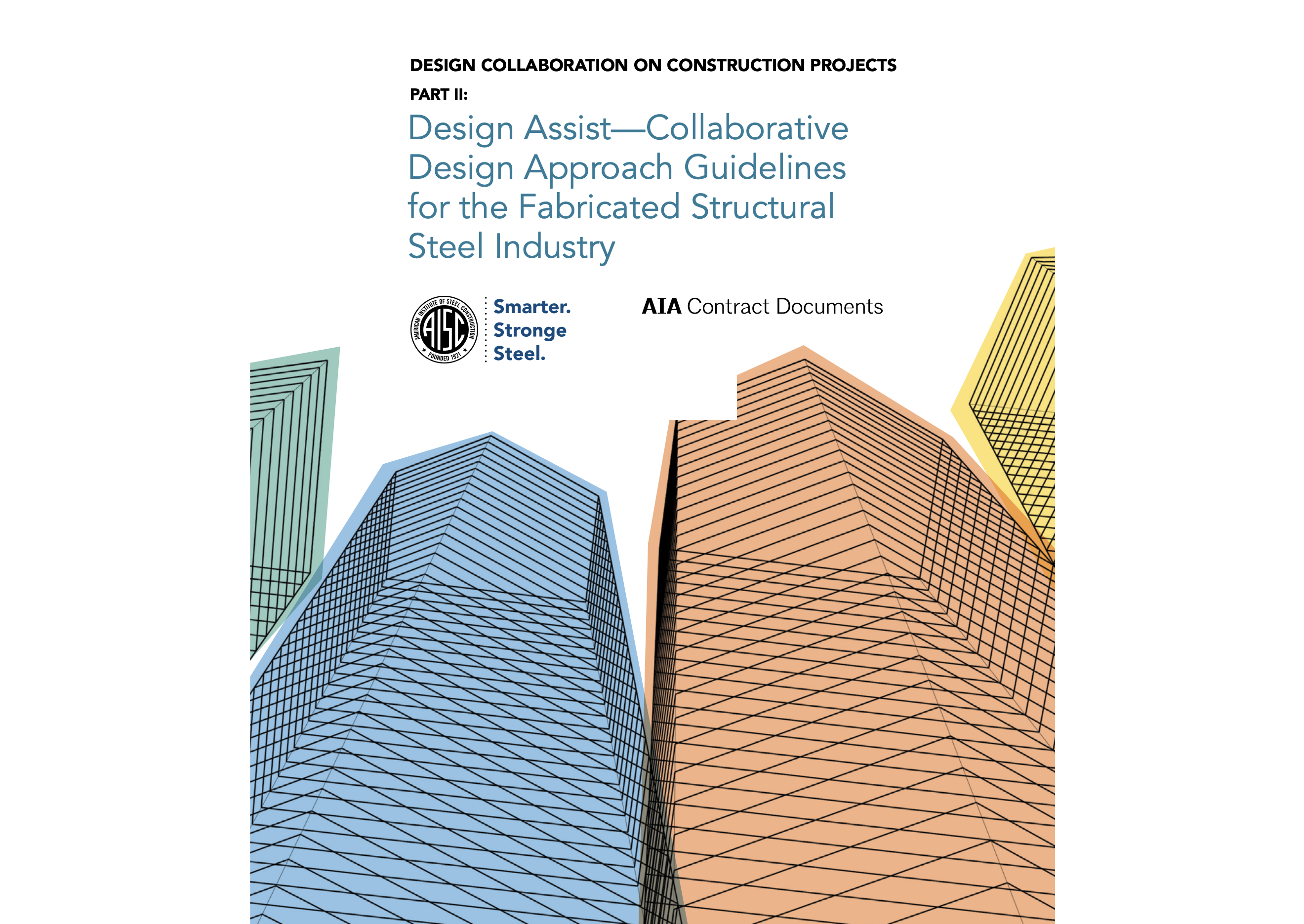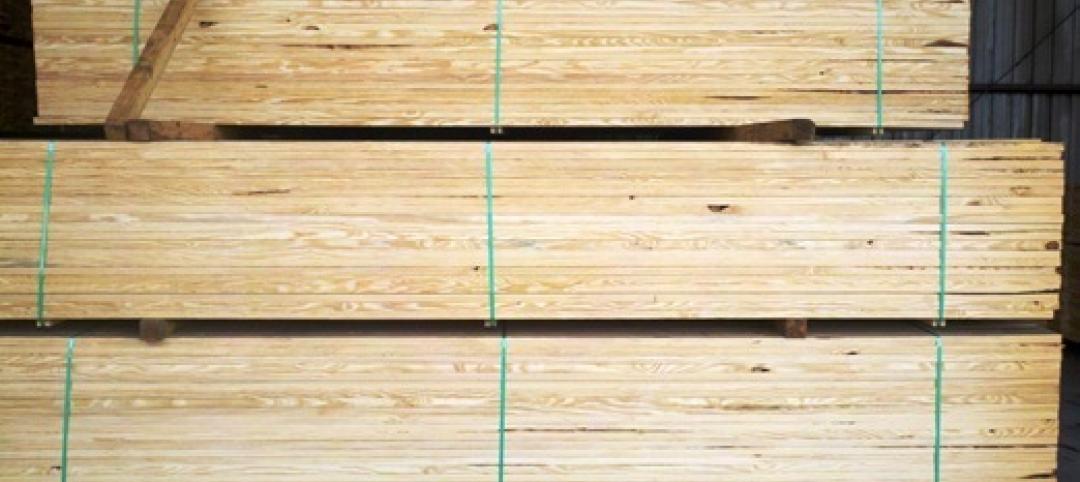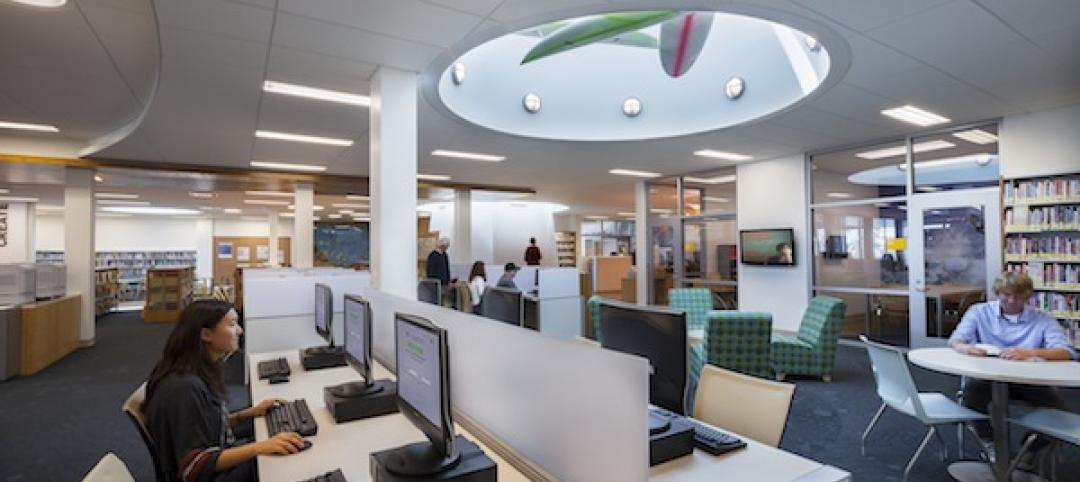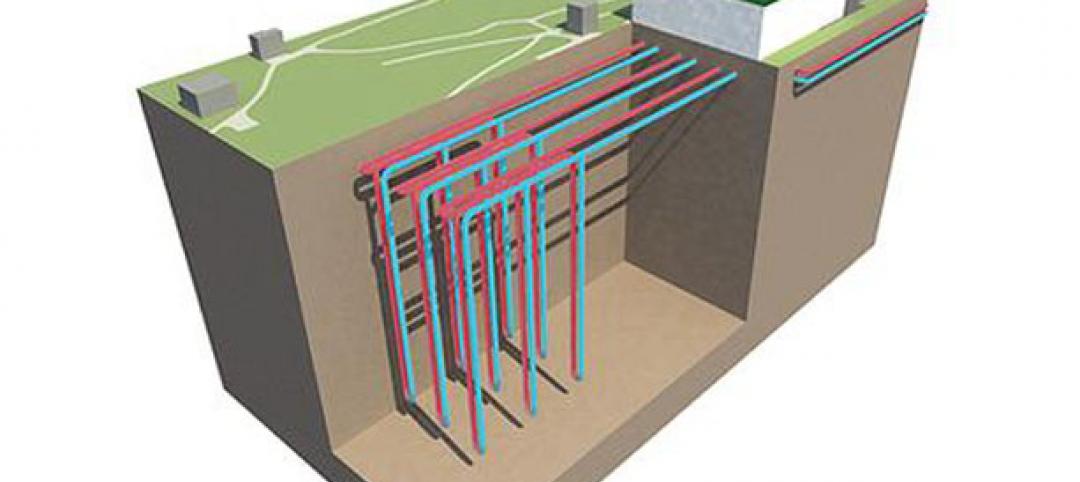The American Institute of Steel Construction and AIA Contract Documents have released the second part of a document intended to provide guidance for three common collaboration strategies.
The document, Design Assist: Collaborative Design Approach Guidelines for the Fabricated Structural Steel Industry, is a follow-up to part one, Delegated Design, Design Assist, and Informal Involvement: What does it all mean?
The strategies covered are informal involvement, design assist, and delegated design. Part II focuses on the implementation of design assist in the fabricated structural steel industry. The document describes the roles and responsibilities of various project participants and provides general guidelines about applying those strategies to fabricated structural steel projects.
“Great teams drive great projects—and great teams rely on clear communication,” said Babette Freund, vice president of special projects, Dave Steel Company, Inc., and chair of AISC’s Code of Standard Practice Committee. “This paper aims to help project teams use design assist strategies to meet a defined project schedule and budget while minimizing the costs and disruptions that might arise from team misalignments.”
How AISC defines design assist for the structural steel industry
According to the guidelines, design assist is, "A form of collaboration where a structural steel fabricator and/or erector (or a fabricator/erector team under one contract, depending on project circumstances) provides information under a contract with the owner or other party as designated by the owner, to assist a structural engineer of record (SER) and other designated members of the design assist team with the design of the structural steel for buildings or building-like structures."
Related Stories
| Feb 26, 2013
Southern Pine Inspection Bureau publishes new design values effective June 1
New design values for all sizes and grades of visually graded Southern Pine dimension lumber were published in the Southern Pine Inspection Bureau’s (SPIB) Supplement No.13 to the 2002 Standard Grading Rules for Southern Pine Lumber on Feb. 11.
| Feb 26, 2013
ANSI standard for interior doors open for second public ballot
WDMA I.S.6A-11, Industry Standard for Interior Architectural Wood Stile and Rail Doors and WDMA I.S.1A-11, Industry Standard for Interior Architectural Wood Flush Doors, are now open for their second ballot for recognition as American National Standards.
| Feb 26, 2013
CRSI releases new technical note on stainless steel reinforcing bars
The Concrete Reinforcing Steel Institute (CRSI) has released a new technical note, Frequently Asked Questions (FAQ) about Stainless Steel Reinforcing Bars, to its online collection.
| Feb 26, 2013
Proposed ASHRAE standard revisions would boost requirement for automatic lighting
Proposed changes to the ASHRAE/IES energy standard would require automatic lighting controls in more space types and shorten the times before lighting is automatically reduced or shut off.
| Feb 20, 2013
Bill would make all California state building codes free and open source
California Assembly Bill 292 would make the California Code of Regulations (including the Building Codes) open source.
| Feb 20, 2013
Pittsburgh’s Phipps Conservatory aims for three top green certifications
The $15 million Center for Sustainable Landscapes at Phipps Conservatory and Botanical Gardens in Pittsburgh, a net-zero facility, is applying for certification from three of the world's most stringent green rating systems—the Living Building Challenge, LEED Platinum, and the Sustainable Sites Initiative.
| Feb 20, 2013
ANSI/CRRC Cool Roof Standard has been approved
The Cool Roof Rating Council says the American National Standards Institute has given final approval of its ANSI/CRRC-1-2012 Standard after a two-year public review process.
| Feb 20, 2013
Group of West Coast civil engineers developing building standards for tsunamis
A group of civil engineers from around the western U.S. is developing additions to the building code to address the threat of a tsunami.
| Feb 20, 2013
Higher standards, efficiency programs keys to 40% energy usage reduction in commercial buildings since 1980
Commercial buildings have seen a drop in their energy intensity of more than 40% since 1980, according to a recent report from Bloomberg New Energy Finance and the Business Council for Sustainable Energy.
| Feb 12, 2013
Higher education institutions providing leadership on sustainability
More than 665 U.S. colleges and universities have publicly committed to pursue net-zero carbon emissions.













